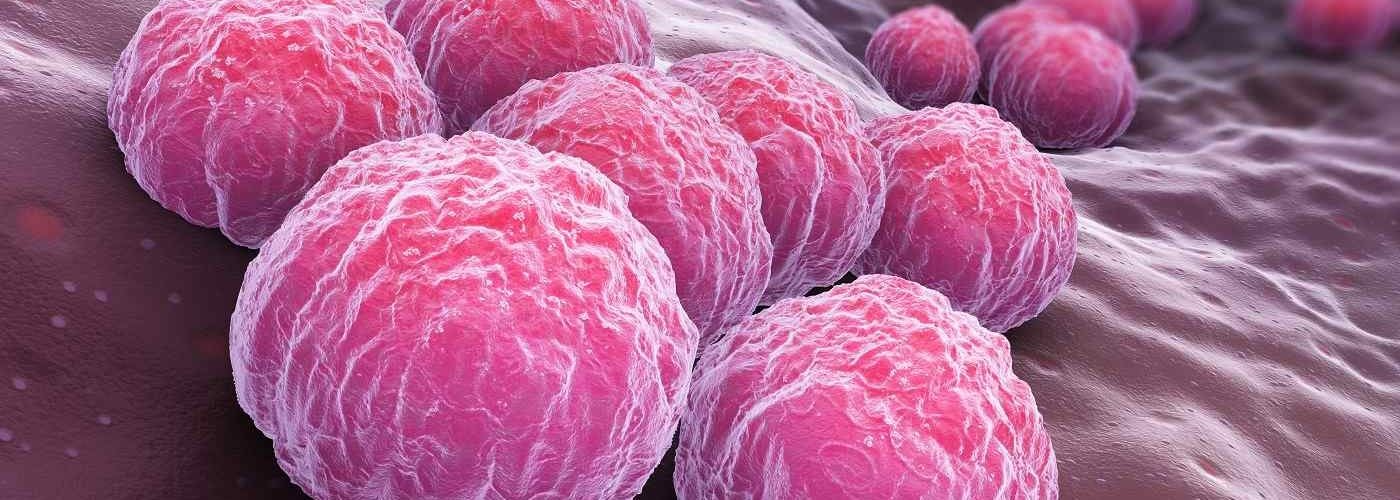
Chlamydia is an insidious disease, often called the “silent killer” due to its lack of outward symptoms. Infected persons can go for weeks, months, or even years without knowing that they have contracted this Sexually Transmitted Infection (STI). They may continue to spread it, unaware that they even have it. This leads to an increasing rate of spread, especially in those aged under 25. It is possible for women to mistake the symptoms of chlamydia, if they do present, for those of something less serious.
In this article, we will discuss this condition. Can chlamydia cause infertility? Is getting pregnant after chlamydia treatment still possible? We will also explore whether it has any effects on pregnancy and foetal development.
What is Chlamydia?
Chlamydia is the most common Sexually Transmitted Disease (STD). There are more than 50 million cases worldwide. It is transmitted through vaginal, anal, and even oral sex. Additionally, it is possible for a pregnant woman to transmit it to the developing foetus or during childbirth.
It is important to remember that STDs are infections caused by viruses, parasites, fungi, or bacteria. That’s why the term “STI”, which stands for “Sexually Transmitted Infection”, has become more commonly used recently.
Chlamydia is much more common in young people under the age of 25. The spread is more rapid among young women. This may have something to do with the advent of hormonal birth control, as those taking it may be more likely to have sex without a condom. This may leave them exposed to infection. Though the pill, implant, coil, and other forms of hormonal birth control prevent pregnancy, they offer no protection against STIs. Gonorrhoea and syphilis are also on the rise, but chlamydia remains the most reported STI in Europe.
Symptoms of Chlamydia in Women
Chlamydia is generally asymptomatic, which is why it’s known as a “silent” disease. About 75% of those affected show no symptoms. The problem is that certain symptoms of this infection, such as pain during sexual intercourse and urination, heavy discharge, nausea, or abnormal menstrual bleeding, can be attributed to other conditions. This can delay its detection and diagnosis.
Unfortunately, during this time chlamydia attacks the body. It often has an irreversible effect on key functions such as vision and reproduction.
For men the disease is symptomless in around half of cases, but their fertility can be hampered regardless. Once detected Chlamydia is easy enough to treat, with antibiotics.
Chlamydia and infertility
Can chlamydia cause infertility? The effects of chlamydia on fertility are well established and apply to both men and women.
Chlamydia and female infertility
In the case of the female reproductive organs the disease can cause tubal ligation, or scarring, on the fallopian tubes. This prevents ovarian uptake or causing miscarriage, premature birth or still birth. Around one in five women with chlamydia develop pelvic inflammatory disease (PID). This can be treated with antibiotics. However, like chlamydia it may go unnoticed and undiagnosed for a period, allowing the disease to irreparably affect the ovaries, fallopian tubes, and uterus. PID can cause ectopic pregnancies, where the fertilized egg implants into and develops inside a fallopian tube instead of the lining of the uterus. Ectopic pregnancies are extremely dangerous and life-threatening for women, as well as distressing.
Chlamydia and male infertility
The symptoms of chlamydia in women are different from those observed in the opposite sex. Around 50% of men with chlamydia will develop symptoms within one to three weeks of contracting the disease, which makes it more noticeable for men than women. However, men who suffer from chlamydia may find that as a result their sperm has significantly decreased in quality and mobility, leading to a much harder time conceiving. In this instance, while antibiotics can clear up the infection, it may be advisable to approach a fertility specialist for assistance.
Chlamydia’s impact on pregnancy
Untreated chlamydia infections can also lead to problems during pregnancy. Among other things, they can increase the risk of premature birth, preterm rupture of membranes, or low birth weight.
That’s why it’s important to undergo regular check-ups to detect a possible infection, especially during pregnancy.
Fertility treatments after chlamydia
Untreated chlamydia does not necessarily mean that it is impossible for a couple to conceive. With a little assistance from a fertility treatment, many patients can see their dream of having a family come true.
IVF is a popular option for those suffering from the after-effects of chlamydia. For women who may have scarring on their fallopian tubes, the process is ideal. The egg (oocyte) is collected from the ovary, fertilized, and then implanted straight into the uterus. This makes it possible to circumvent any issues that the patient may have with blocked fallopian tubes or with tubal ligation. It also rules out any chance of ectopic pregnancy.
Male patients may find that the speed and mobility of their sperm has been affected by chlamydia. Where this is the case, it may be beneficial to take the sperm directly from the testes, rather than collecting it via ejaculate. This means that the best quality sperm can be taken straight from the source and used to fertilize the egg. It is then implanted into the uterus.
There is a chance that sperm may be negatively affected by chlamydia in other ways, however, and these include fragmentation. In this case, it may be advisable for the patient or patients to undergo preimplantation genetic testing (PGT). It will allow to ensure that the cycle is given the best possible chance of success. PGT flags up issues with genetic material and allows medical professionals to avoid implanting an embryo with a poor chance of thriving, or with the potential for genetic abnormalities. If sperm from the male patient is unsuitable for use following chlamydia, there is always the option of using a sperm donor. This may be a great choice in extreme cases where sperm has been irredeemably affected by a prolonged infection.
Can chlamydia affect a developing foetus during pregnancy?
The ways in which this STI is transmitted are through vaginal, oral and anal sex, and also potentially when the mother is giving birth. Getting pregnant after chlamydia is possible, but let’s talk now about the risks of chlamydia while being pregnant.
It may lead to a pre-term birth, and potential risks to the baby include conjunctivitis and other eye infections, as well as pneumonia.
Symptoms will present in a few days to three months following birth. It is vital for the baby a treatment with antibiotics. However, the risk of passing chlamydia on to offspring during birth is almost completely eradicated if the mother-to-be receives treatment for the disease in the first trimester of her pregnancy. If expectant mothers who have previously been infected with chlamydia have been treated effectively and monitored, they do not need to worry about the infection persisting.
No barrier to children
The reality is that while chlamydia can be damaging to both men and women, having irreversible effects, they can still be overcome. It can affect fertility, but with the range of options and expertise available at IVI clinics worldwide, a past infection need not dash any hope of starting a family.
Conceiving and giving birth following diagnosis of and treatment for chlamydia is absolutely possible. There are a range of fertility treatment options. IVF may be the most suitable, either with patients’ own genetic material or with donated eggs or sperm.
IVI are world leaders in treating difficult cases of infertility. We apply our expertise and knowledge to even the most extreme situations. Each patient is treated as an individual and approached with the care and sensitivity expected in this field. Contact our international team by calling us or filling our web formular and we’ll help you starting your family project.





Comments are closed here.